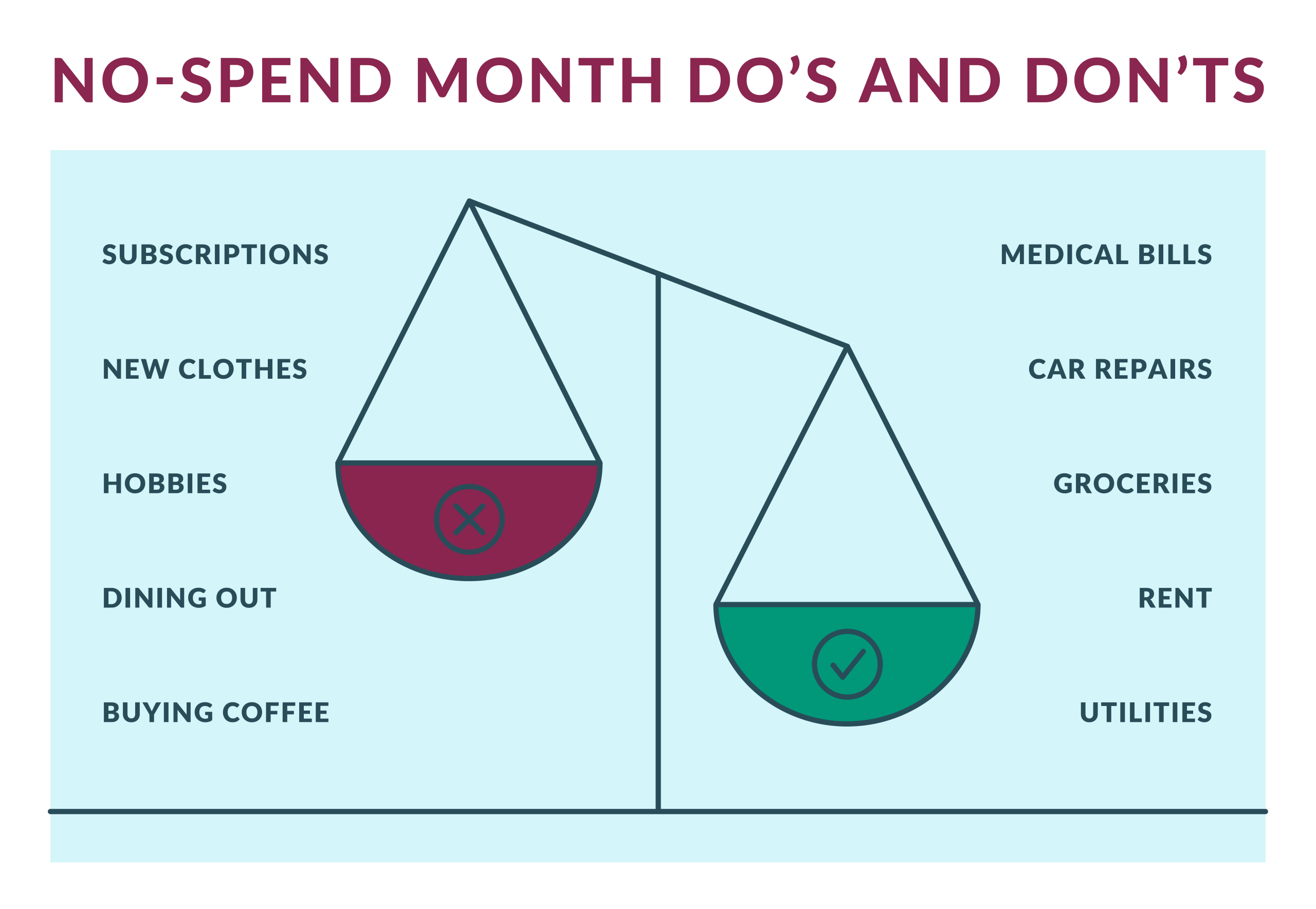Anúncios
Choosing the right credit card can be challenging, especially when terms like unsecured credit card come into play.
If you’re wondering what an unsecured credit card is and how it differs from other options, you’ve come to the right place.
In this guide, we’ll explain how unsecured credit cards work, their benefits, drawbacks, and who they’re best suited for.
Read on to find out everything you need to know to make an informed decision.
What is an unsecured credit card?
An unsecured credit card is a type of credit card that doesn’t require a security deposit.
Unlike secured credit cards, where users must provide an initial deposit, an unsecured card allows users to borrow funds without any upfront payments.
These cards are issued based on the applicant’s creditworthiness, which is typically determined by their credit score, income, and financial history.
As a result, they are most common among individuals with established credit, although options are available for those with limited or fair credit histories.
How does it work?
Unsecured credit cards work similarly to other credit cards.
Cardholders are given a credit limit, which represents the maximum amount they can spend.
Each billing cycle, users are required to make at least the minimum payment, and interest is charged on balances carried over to the next month.
As such, some unsecured credit cards come with additional perks, such as cash-back rewards, travel benefits, or promotional offers.
However, these features often depend on the specific card and the applicant’s credit score.
Who is this type of card right for?
Unsecured credit cards are best for:
- Individuals with established credit: Those with good to excellent credit scores often qualify for the best unsecured credit cards, with lower interest rates and higher credit limits.
- First-time borrowers: Some cards are designed for individuals with no credit history, offering an opportunity to build credit without requiring a deposit.
- Anyone looking for flexibility: Unlike secured cards, unsecured cards do not tie up your money in a security deposit, making them more convenient for everyday use.
What are the requirements to apply for one?
To apply for an unsecured credit card, you typically need to meet the following criteria:
- Age and residency: Applicants must be at least 18 years old and a U.S. resident.
- Social Security number: A valid SSN or ITIN is usually required.
- Proof of income: Card issuers often ask for proof of income to determine your ability to repay.
- Credit score: A fair to excellent credit score increases your chances of approval.
It’s important to note that requirements can vary by issuer, so always review the specific terms and conditions before applying.
Is an unsecured credit card worth it?
Unsecured credit cards offer convenience and flexibility, but they’re not for everyone.
Understanding the pros and cons can help you decide whether this type of card aligns with your financial goals.
So, let’s dive into the pros and cons to see if an unsecured credit card is the right choice for you.
Pros
Unsecured credit cards offer several benefits, including:
- No security deposit: You don’t have to lock up funds upfront.
- Higher credit limits: Compared to secured cards, unsecured cards typically offer more purchasing power.
- Rewards and perks: Many cards include perks like cash back, travel rewards, or introductory APR offers.
Cons
However, unsecured credit cards aren’t without their drawbacks:
- Higher interest rates: If your credit score is less than ideal, you may face higher APRs.
- Strict approval criteria: Some issuers are less likely to approve applicants with limited or poor credit histories.
- Fees: Annual fees, late fees, and foreign transaction fees can add up.
Learn about alternatives to unsecured credit cards
If an unsecured credit card isn’t right for you, consider these alternatives:
- Secured Credit Cards: Ideal for individuals with no credit or poor credit history. They require a deposit but are a stepping stone to unsecured cards.
- Credit-Building Loans: Offered by some banks and credit unions, these loans help you build credit without needing a credit card.
- Authorized User Accounts: Becoming an authorized user on someone else’s credit card account allows you to build credit without having to apply for your own card.
Unsecured credit cards are a great option for those looking for a flexible, no-deposit way to access credit.
By understanding what an unsecured credit card is, how it works, and who it benefits, you can make an informed decision about whether it’s the right choice for you.
For more information on financial tools and resources, keep exploring our site and stay up to date on the latest tips for improving your financial health.
Need a suggestion? Also read our content explaining how credit card works!






